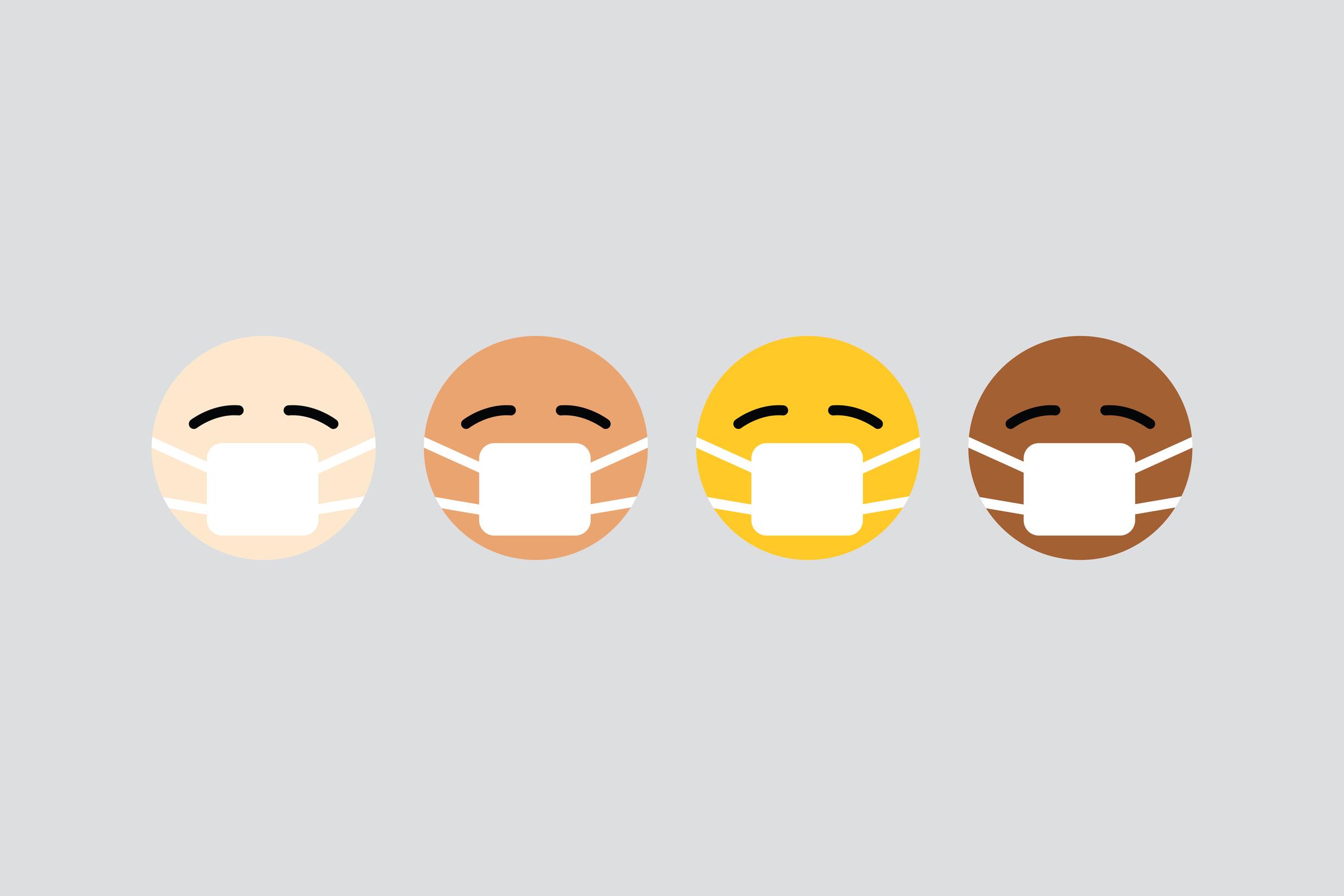ISOLATION CHECKLIST & INFORMATION

Your checklist if you have tested positive.
Step 1: Focus on your health and get help if you need it
- COVID-19 can be a serious illness. Call a doctor if your COVID-19 symptoms worsen. Go to hospital if it's an emergency.
Step 2: Report your result and immediately isolate for 7 days
- If you tested positive using a rapid antigen test, you must report your result online, or call 1800 675 398. You don’t need to report your result if you tested positive from a PCR test. Read Reporting your result for more information.
- You must isolate at home or in private accommodation for 7 days. If you’re living with others, isolate away from them as much as possible.
- You and your family may be eligible for food and financial assistance during this period.
Step 3: Tell your household and household-like contacts - they must isolate for 7 days
- You must tell your household and household-like contacts you have tested positive for COVID-19. They are people you have spent more than four hours with in a house, care facility or accommodation.
- They must immediately isolate for 7 days.
- They must get tested on Day 1 of their isolation period or as soon as possible with:
- a rapid antigen test, or a PCR test if they can’t access a rapid antigen test.
- They must get tested again on Day 6 of their isolation period with:
- a rapid antigen test, or a PCR test if they can’t access a rapid antigen test.
- They can leave isolation on Day 7 if they received a negative result from the Day 6 test.
- If they get symptoms at any time during isolation, they must use a rapid antigen test, or get a PCR test if they can’t access a rapid antigen test. They are strongly recommended to use rapid antigen tests on other days of their isolation period.
Step 4: Tell your social contacts - they must get tested if they have symptoms
- You must tell your social contacts you have tested positive for COVID-19. Your social contacts are people who you have had 15 minutes of face-to-face contact with, or spent 2 hours with, in the same indoor space.
- Your social contacts are not people from home, your workplace or school.
- If they develop symptoms, they must use a rapid antigen test, or get a PCR test if they can’t access a rapid antigen test.
- If they do not have symptoms, they are strongly recommended to use a daily rapid antigen test for 5 days.
- People who are your household or household-like contacts cannot follow this advice. They must isolate for 7 days.
Step 5: Tell your workplace and/or education facility
- If you worked onsite while infectious, you must tell your employer/workplace you have tested positive to COVID-19.
- Your employer/workplace will tell other staff who are workplace contacts that they must:
- use a rapid antigen test if they have symptoms, or get a PCR test if they can’t access a rapid antigen test
- strongly recommend using a daily rapid antigen test for 5 days if they don't have symptoms.
- If you or your child attended an education facility while infectious, you must tell the education facility you have tested positive for COVID-19. The education facility will tell other students and staff who are education contacts that they must:
- use a rapid antigen test if they have symptoms, or get a PCR test if they can’t access a rapid antigen test
- for those at school who don't have symptoms, strongly recommend rapid antigen test twice-weekly during school weeks (daily for specialist schools) as part of the back to school plan.
For further information please see the Victorian Government Coronavirus website the link is below -
